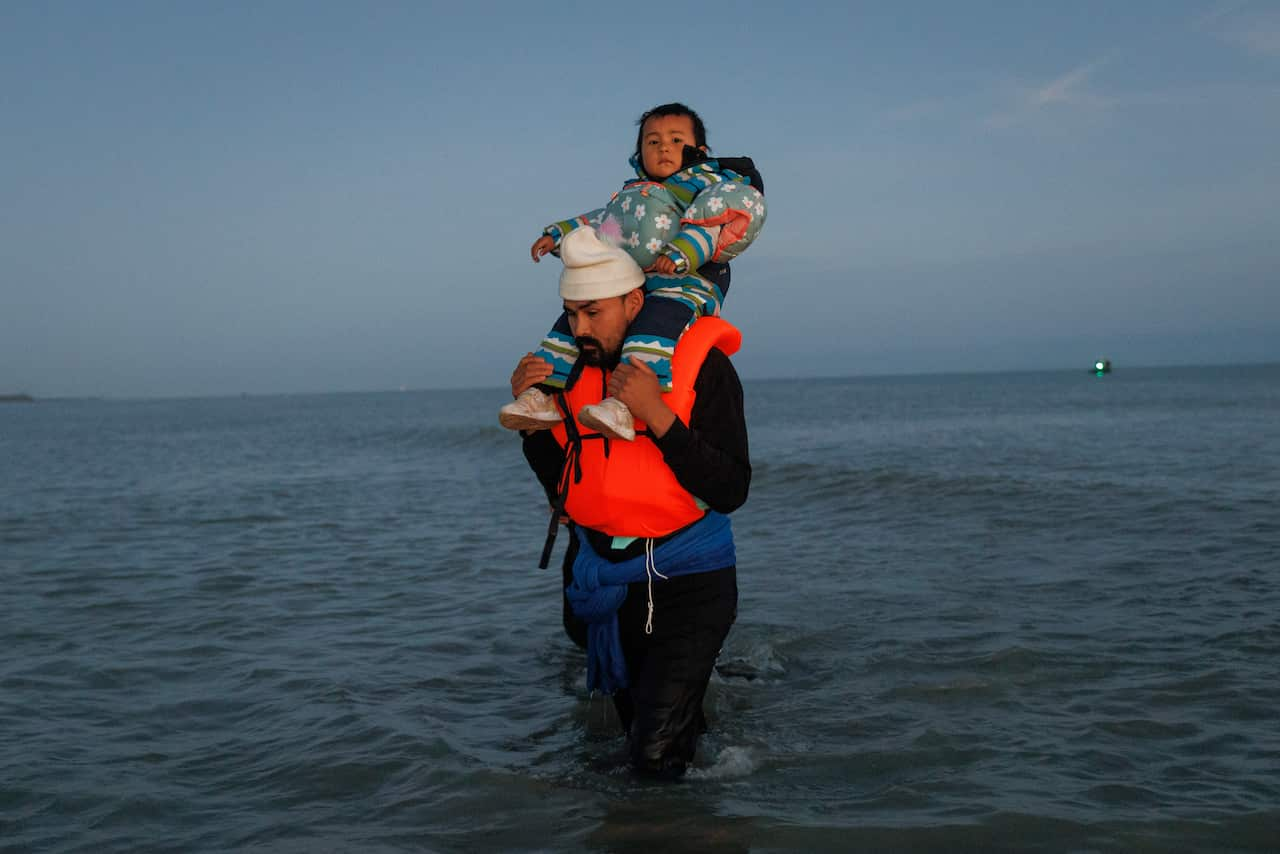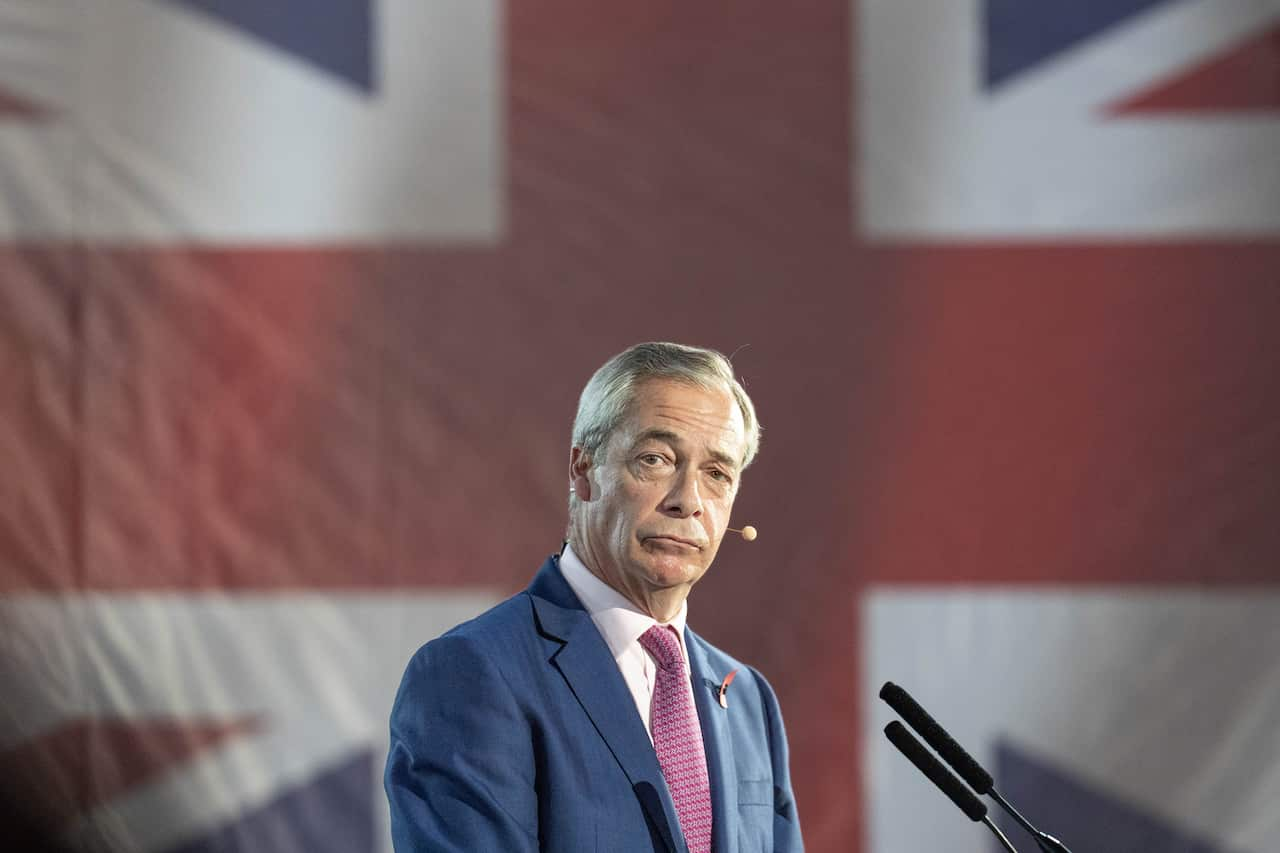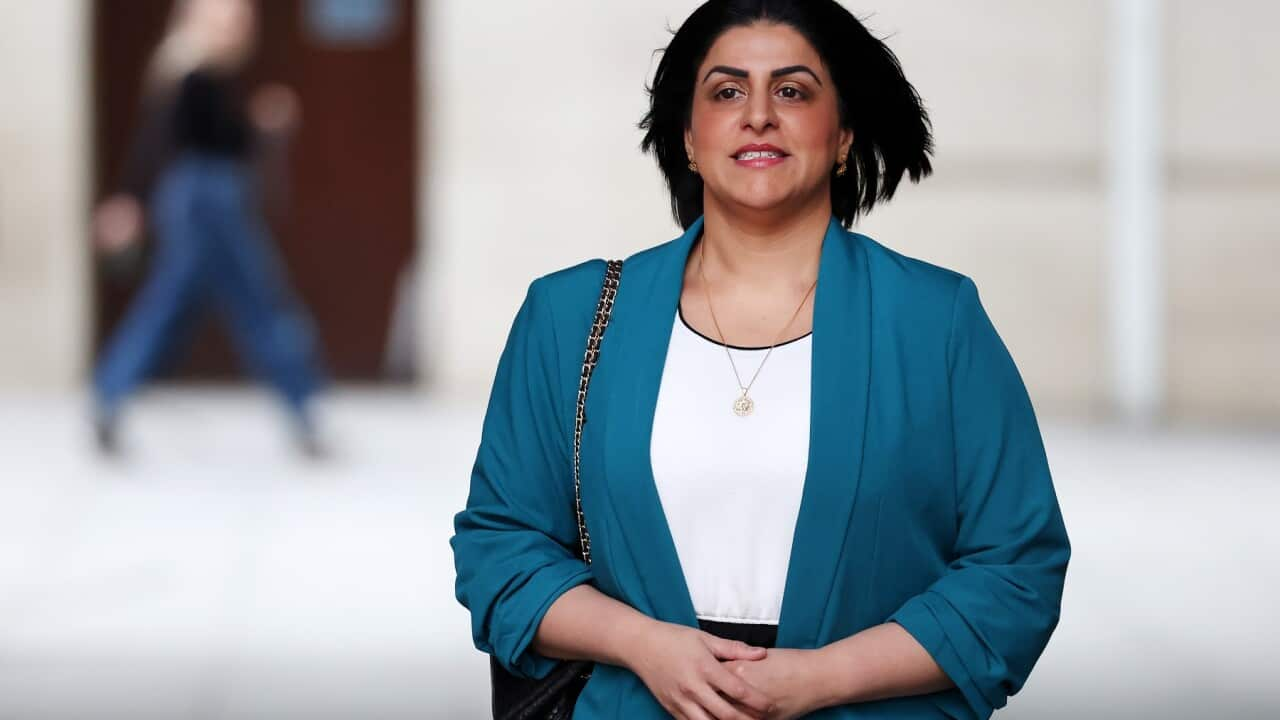The United Kingdom government has announced sweeping changes to its asylum system, including drastically cutting protections for refugees and threatening visa bans for countries that refuse to take back irregular immigrants.
UK home secretary Shabana Mahmood said on Tuesday she hopes the reforms, modelled on Denmark's strict asylum system, will discourage migrants from crossing the Channel from France on small boats.
Refugee status will become temporary and will be reviewed every 30 months.
Refugees will be forced to return to their home countries once those are deemed safe.
They will also need to wait for 20 years, instead of the current five, before they can apply for permanent residency.
"We are obliged to offer sanctuary to those who would be in danger if they returned to their country of origin. However, should the regime change in their home country, our approach should change too," the government said in a statement on Tuesday.
But charities and politicians from Prime Minister Keir Starmer's Labour party slammed the plans, arguing that it could result in uprooting refugees who settle in Britain.
Tony Vaughan, a Labour politician and senior lawyer, was one of the first to publicly criticise the proposals, adding the rhetoric would encourage "the same culture of divisiveness that sees racism and abuse growing in our communities".
In the year to the end of March, 109,343 people claimed asylum in Britain, up 17 per cent on the previous 12 months. Still, fewer people claim asylum in Britain than in its European Union peers France, Germany, Italy or Spain. Most migrants arrive legally.
The government said children as well as adults could also be forcibly removed under the new measures and that it would launch a consultation on the subject.
Asylum seeker support
The government said it will end a legal duty to provide support to asylum seekers and refugees who face destitution if they have the means to support themselves or if they break the law.
More than 39,000 people, many fleeing conflict, have arrived on small boats this year — more than for the whole of 2024 but lower than the record set in 2022, when the Conservatives were in power.
As of March 2025, over 106,000 asylum seekers received government support.

Home Office minister Alex Norris denied media reports that asylum seekers could have their jewellery confiscated to fund their stays.
The government has also said it will legislate to make it harder for irregular migrants and foreign criminals to use the European Convention on Human Rights (ECHR) to stop deportation.
Under the proposals, the government wants to change the interpretation of Article 8 of the ECHR, governing the right to a family life. It would make clear that a family connection means immediate family, such as a parent or child, preventing people from "using dubious connections to stay in the UK".
It added that Britain would also work with like-minded countries to review the application of Article 3, which prohibits torture. It argued that the "definition of 'inhuman and degrading treatment' has expanded beyond what is reasonable", making it too easy to challenge deportations.
The government also said it would take a "far more hard-headed approach" to removing people, including families, who had their claim for asylum refused.
Visa bans
Echoing United States President Donald Trump's travel bans restricting nationals from certain countries, the interior ministry threatened to stop granting visas to nationals from Angola, Namibia and the Democratic Republic of Congo unless the countries accepted the returns of "their criminals and illegal immigrants".
Norris told the UK's Sky News the countries had "one month to get this in order", adding there were around 4,000 nationals who could be deported.
Other countries could be targeted, including with an "emergency brake" on visas for people from countries with high rates of asylum claims, who travel to the UK by legal routes.
Asylum claims in Britain are at a record high, with around 111,000 applications made in the year to June 2025, according to official figures.
But the number of initial positive decisions the UK authorities granted fell from 2023 to 2024.
Reactions
The tougher stance has been seen as an attempt to claw back support from the hard-right Reform UK party, which has surged in popularity on the back of public anger over immigration.
Reform's firebrand leader Nigel Farage celebrated the announcements, saying Mahmood "sounds like a Reform supporter".

Kemi Badenoch, leader of the centre-right opposition Conservatives, said the proposed measures were "steps in the right direction" but did not go far enough.
Enver Solomon, chief executive of the Refugee Council, urged the government to reconsider, warning the plans "will not deter" crossings and refugees who work hard should be able to build "secure, settled lives".
Sile Reynolds, head of asylum advocacy at Freedom from Torture, said the rules would "punish people who've already lost everything", adding this is "not who we are as a country".
For the latest from SBS News, download our app and subscribe to our newsletter.

